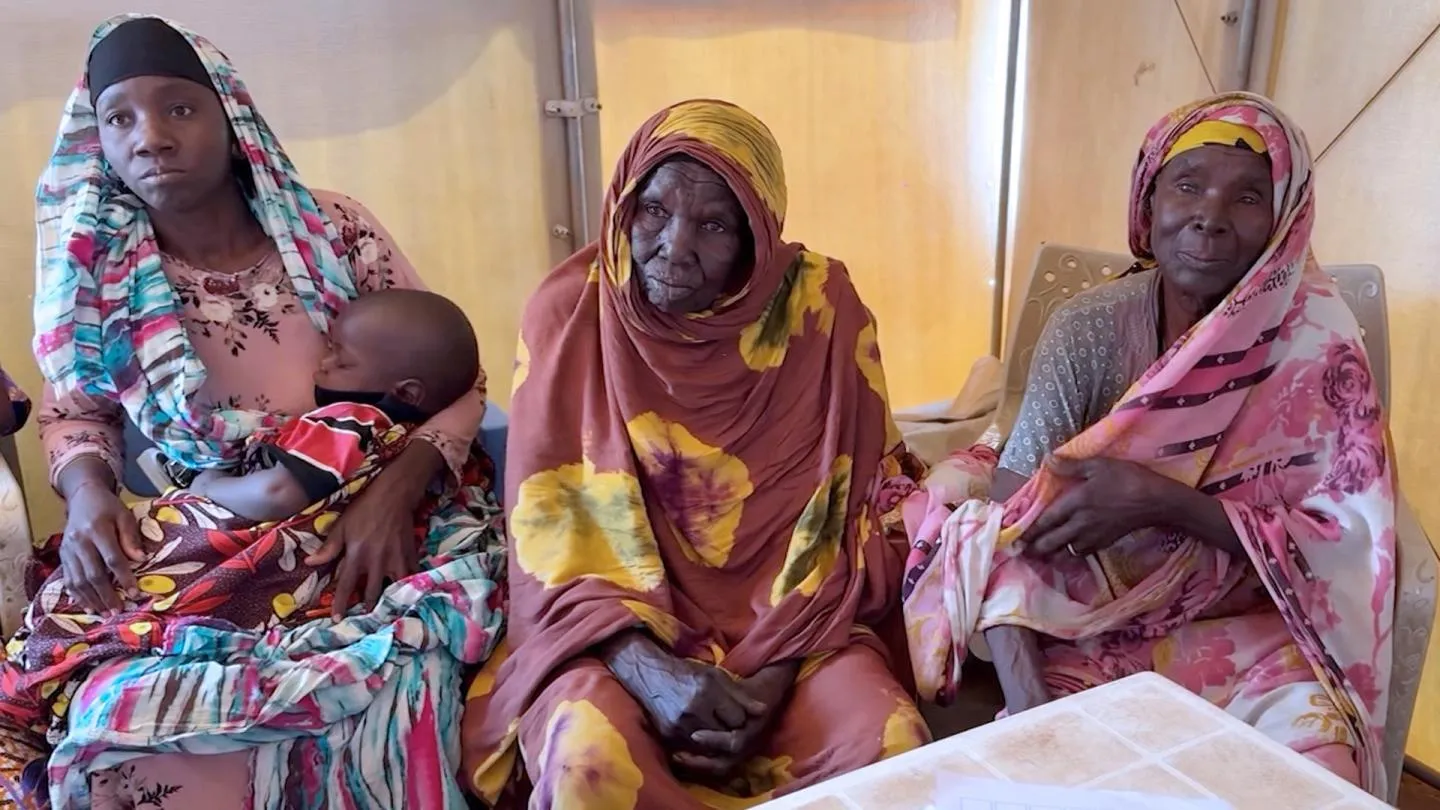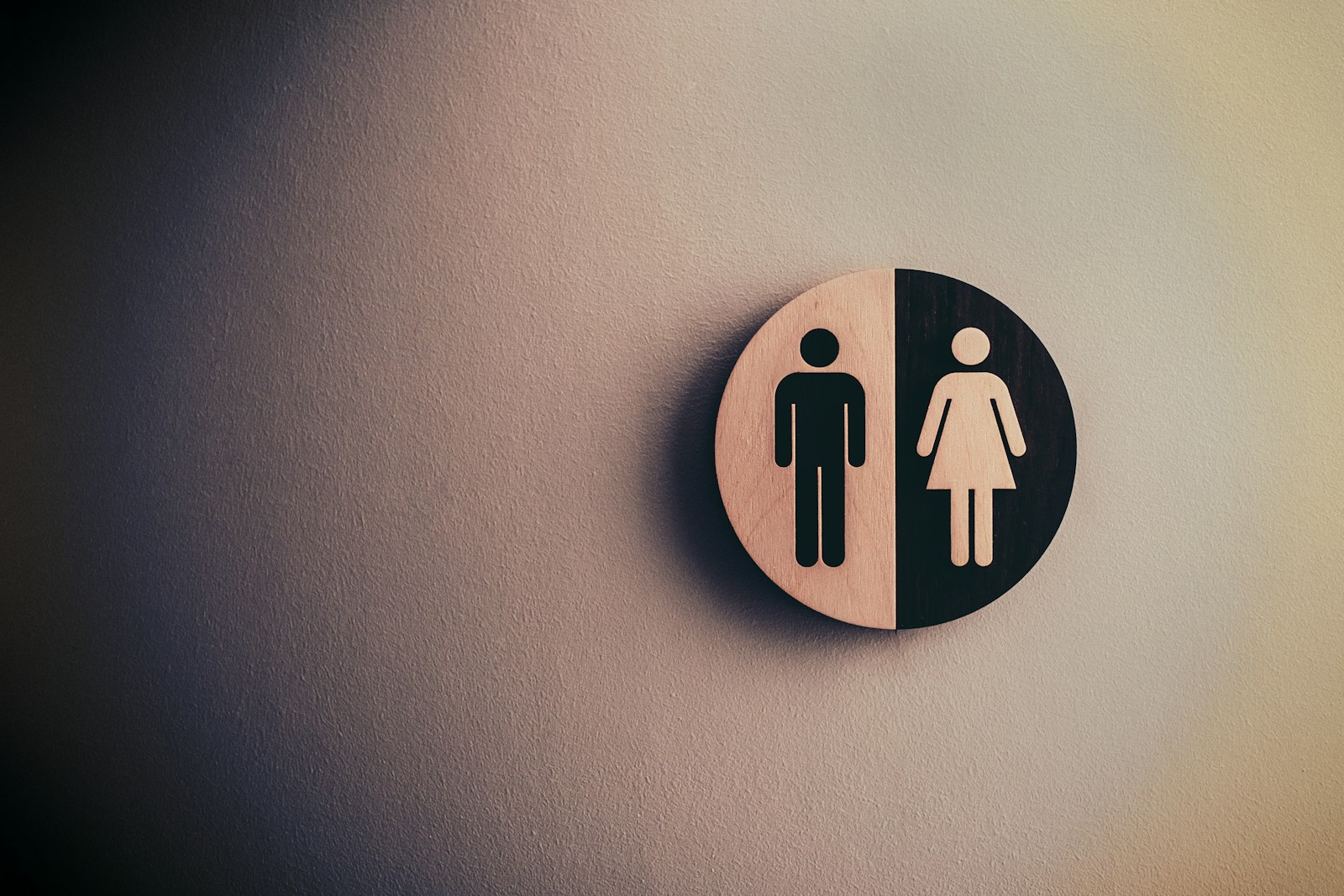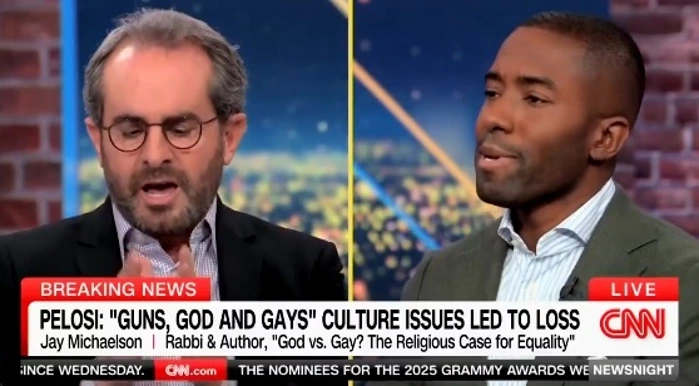During a recent episode of “CNN News Night with Abby Phillip,” a lively debate unfolded regarding the influence of trans-identified athletes in sports, leaving one panelist at the center of a transphobia controversy. The discussion escalated when CNN political commentator Shermichael Singleton expressed that many families are opposed to boys competing in girls’ sports, a remark that incited strong backlash from fellow guest Jay Michaelson.
Singleton’s comments about the Democratic Party’s continued support for the inclusion of trans athletes led him to suggest that such stances had a negative impact on their election results. He noted, “I think there are a lot of families out there who don’t believe boys should play girls’ sports,” emphasizing a concern about the shifting norms surrounding gender and athletics.
Michaelson, known for his strong advocacy of LGBTQ rights and authoring the book God v. Gay: The Religious Case for Equality, was quick to counter Singleton’s terminology. “They’re not boys,” he asserted firmly, pushing back against what he classified as transphobia. As tensions rose, host Abby Phillip attempted to enforce a more respectful dialogue. Singleton reacted by claiming he felt “targeted,” to which Philip responded that she understood his intentions but urged him to express his views more sensitively.
The discussion grew more heated as Michaelson criticized Singleton’s remarks, stating, “When you use a word that’s a slur, I’m going to interrupt.” This back-and-forth underscored a broader cultural clash over the inclusion of trans-identified athletes in competitive sports. Singleton insisted that “regular people” share his concerns, asserting that many families are uncomfortable with the liberal direction on social issues taken by the Democrats.
Following this, Michaelson argued that the portrayal of trans athletes is exaggerated and not reflective of the population, labeling the issue as a manufactured controversy. He referenced organizations like the American Medical Association and the American Psychological Association to bolster his stance that trans girls should compete based on their gender identity.
Adding depth to the conversation, a recent report from the public opinion research firm Blueprint revealed that among swing voters, opposition to Kamala Harris’s stance on LGBT issues was a significant factor guiding their choice in the 2024 election. One of the survey’s highlights noted that a substantial portion of these voters felt Harris’s focus on cultural issues over economic ones contributed to their dissatisfaction.
The matter of trans-identified males competing in women’s sports came to the forefront in recent years due to notable cases, including that of Lia (Will) Thomas, whose success in women’s swimming stirred up further debate about fairness and biological advantages. Critics have pointed to inherent physical differences as a major concern in discussions around fairness in competitive sports.
In light of these ongoing discussions, more than two dozen states have enacted laws mandating that athletes compete in alignment with their biological sex instead of their transgender identity, reflecting a growing and contentious battle over gender and sports across the U.S. This topic continues to evoke strong reactions on both sides of the aisle, posing an intricate challenge as society grapples with evolving definitions and acceptance of gender identity.
Furthermore, amid the political landscape, former President Donald Trump’s future proposals, including reinstating strict regulations under Title IX concerning gender-segregated sports, have kept the conversation alive in public discourse. It remains clear that the intersection of sports, gender identity, and political implications is a focal point of ongoing social dialogue.







Leave a Reply